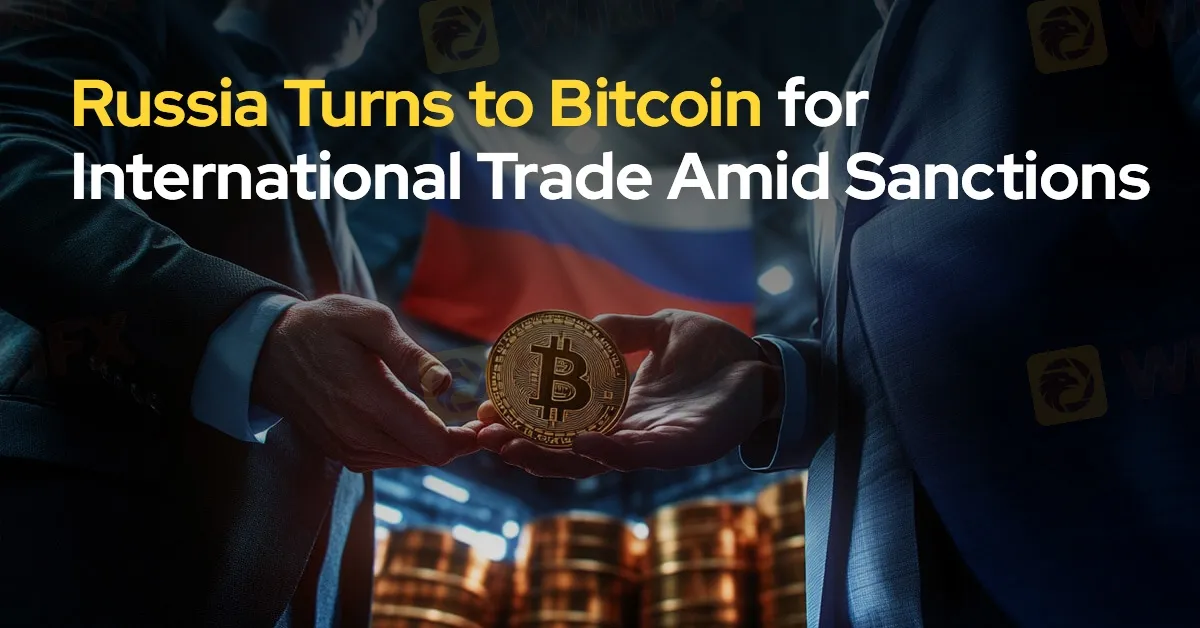Russia Turns to Bitcoin for International Trade Amid Sanctions
abstrak:Russian companies are increasingly using Bitcoin and other cryptocurrencies to bypass Western sanctions and facilitate international trade. The country's Finance Minister, Anton Siluanov, confirmed that cryptocurrencies mined in Russia are now being employed for foreign transactions under an experimental framework.

Russian companies are increasingly using Bitcoin and other cryptocurrencies to bypass Western sanctions and facilitate international trade. The country's Finance Minister, Anton Siluanov, confirmed that cryptocurrencies mined in Russia are now being employed for foreign transactions under an experimental framework.
Siluanov revealed that such transactions are already underway, and he expressed confidence in their expansion next year. This approach comes as Russia seeks alternatives to traditional financial systems disrupted by sanctions.
Since the onset of its conflict with Ukraine, Russia has faced significant restrictions from Western nations. Many Russian banks have been excluded from SWIFT, the global messaging network that enables seamless international financial transactions. Despite these challenges, the country continues to maintain trade relations with China, India, Turkey, and other partners.
The sanctions have complicated payment processes for international trade, pushing Russia and its trading partners to explore alternative methods. In addition to cryptocurrencies, these countries are experimenting with settling transactions in their national currencies.

The Russian government's interest in Bitcoin aligns with recent statements from President Vladimir Putin, who has highlighted the cryptocurrency's resilience against government control. A Russian lawmaker also proposed adding Bitcoin to the countrys reserves, suggesting it could help mitigate risks posed by geopolitical tensions.
In parallel with its increasing reliance on Bitcoin, Russia is introducing stricter regulations for cryptocurrency mining. Starting 1 January 2025, specific regions will face a ban on mining activities for six years, ending on 15 March 2031. These restrictions follow the enactment of cryptocurrency mining laws signed by President Putin in August and October 2024, aimed at controlling energy consumption associated with the industry.
Meanwhile, global interest in Bitcoin continues to grow. In the United States, President-elect Donald Trump has declared his support for the cryptocurrency, referring to himself as “the first Bitcoin President.” His administrations nominations for regulatory positions signal a pro-crypto stance, which could shape the future of digital currencies in the US.
Bitcoins value has also reflected this global shift in sentiment. The cryptocurrency recently surged past the $100,000 mark following the US elections. Although it has since experienced slight corrections, it remains trading above $95,000, underscoring its enduring appeal in an evolving financial landscape.

Broker ng WikiFX
Exchange Rate
